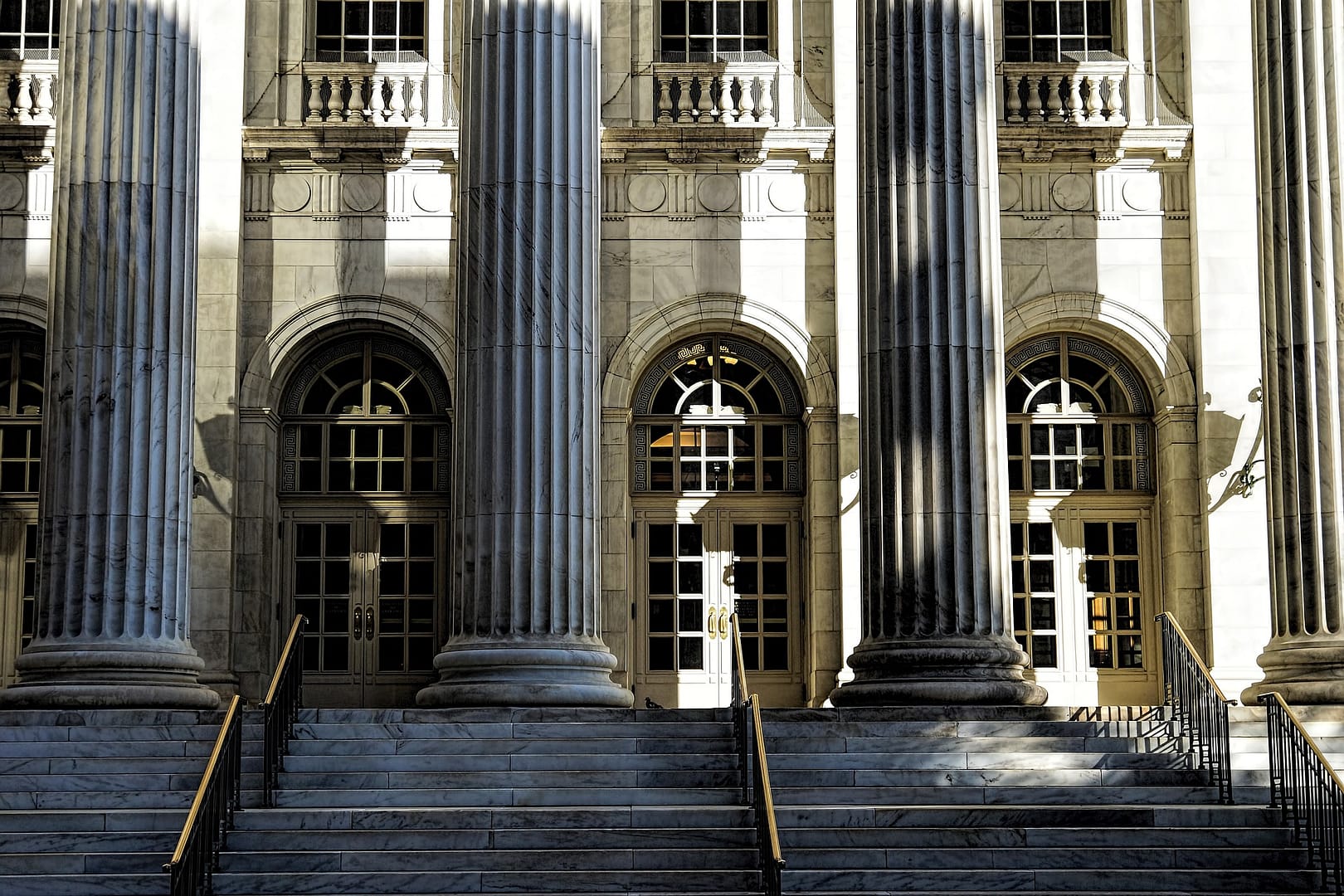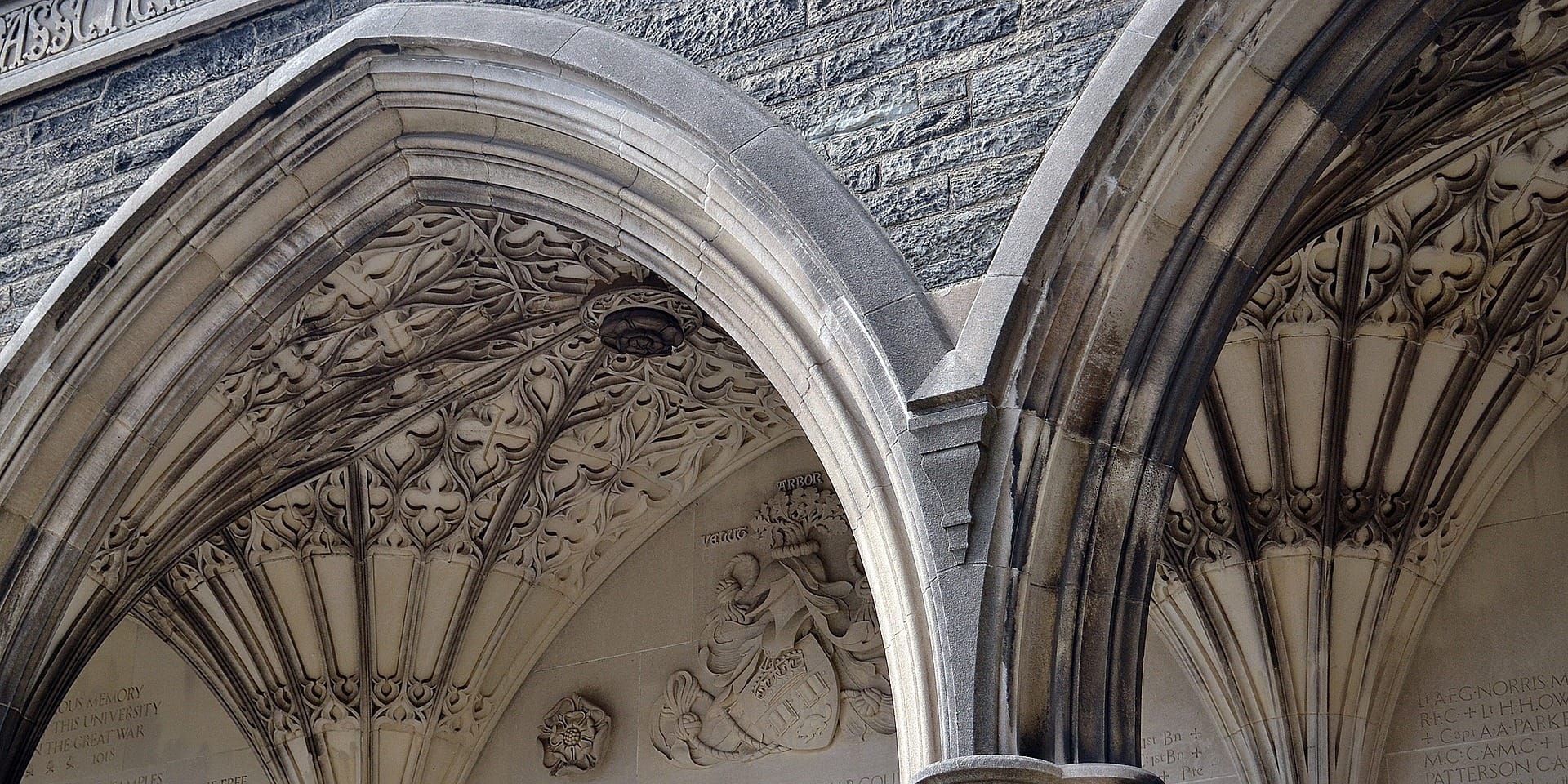Digest of Connecticut Appellate Court advance release opinions about trusts and estates, tax assessment, and…
No Relaxation of Will Execution Formalities
It was proper for a Probate Court to reject a proponent’s second attempt to proffer a will where the Probate Court already had rejected it as invalid, according to a Connecticut Appellate Court opinion to be officially released on February 23, 2016.
In Davis v. Davis-Henriques, plaintiff proffered for admission into probate what he claimed was his mother’s will. The Probate Court rejected the proffer because the putative will “was not attested by two witnesses, as required by General Statutes § 45a-251.” Plaintiff did not appeal the ruling. The Probate Court appointed defendant, plaintiff’s sister, administratrix of their mother’s estate.
Nine months later, plaintiff filed a “motion for order admitting will into probate.” It was the same putative will plaintiff previously proffered but this time plaintiff had affidavits from two people who said they witnessed the decedent signing the will. The Probate Court denied the motion, citing its prior decree rejecting the will as invalid and CGS § 45a-24, which provides that ‘‘[a]ll orders, judgments and decrees of courts of probate, rendered after notice and from which no appeal is taken, shall be conclusive and shall be entitled to full faith, credit and validity and shall not be subject to collateral attack, except for fraud.’’
Plaintiff appealed to the Superior Court. Defendant moved to dismiss the appeal and Superior Court granted that motion. Plaintiff appealed. The Appellate Court affirmed.
Plaintiff’s Main Argument on Appeal
‘‘The plaintiff respectfully requests this Court to excuse the mistake in the will not being subscribed by two witnesses and requests the adoption in Connecticut of the provision by [1] Restatement (Third), Property, Wills and Other Donative Transfers § 3.3 [p. 217 (1999)], that ‘a harmless error in executing a will may be excused if the proponent establishes by clear and convincing evidence that the decedent adopted the document as his or her will.’’’
Appellate Court Concludes there can be No Relaxation of Will Execution Formalities
The Appellate Court declined to adopt a “harmless error” exception to the will execution formalities for two reasons. “First, the question of what constitutes due execution of a will is a statutory issue. … Although the plaintiff invites this court to rewrite the requirements of § 45a-251, we decline to do so, as that remains properly the province of our General Assembly.”
“Second, the plaintiff’s request asks us to depart from the precedent of this state’s highest court…. It is axiomatic that, as an intermediate appellate tribunal, this court is not free to depart from or modify the precedent of our Supreme Court…. Because our Supreme Court has articulated a ‘rule of strict compliance with the wills act'[,] … we cannot depart from that rule and adopt the harmless error exception proposed by the plaintiff.”
Other Things to Note
The Appellate Court noted that plaintiff appealed to Superior Court within the time prescribed by CGS § 45a-186, which meant that Superior Court had subject matter jurisdiction over the probate appeal. While this would have required Superior Court to deny the motion to dismiss, the Appellate Court concluded that Superior Court “viewed the substance of that filing as a challenge to the legal sufficiency of the plaintiff’s pleading.” In other words, defendant called it a motion to dismiss but Superior Court properly treated it as a motion to strike.
The Appellate Court then considered the legal sufficiency of plaintiff’s pleading, which was his “motion for order admitting will into probate.” “Because no appeal was taken from the Probate Court’s … decree declaring the will invalid, that decree remained conclusive upon the parties. As such, the plaintiff’s … motion to admit the will into probate more properly is characterized as a motion to open and set aside the … decree.”
“To mount a collateral attack on the … decree of the Probate Court, the plaintiff thus was obligated to allege, in his complaint before the Superior Court, that the decree was procured by ‘fraud, mistake or like equitable ground.’… That he has not done.” Instead, plaintiff admitted that there was no problem with the initial decree and asked the Appellate Court to adopt the harmless error exception, which it declined to do.


